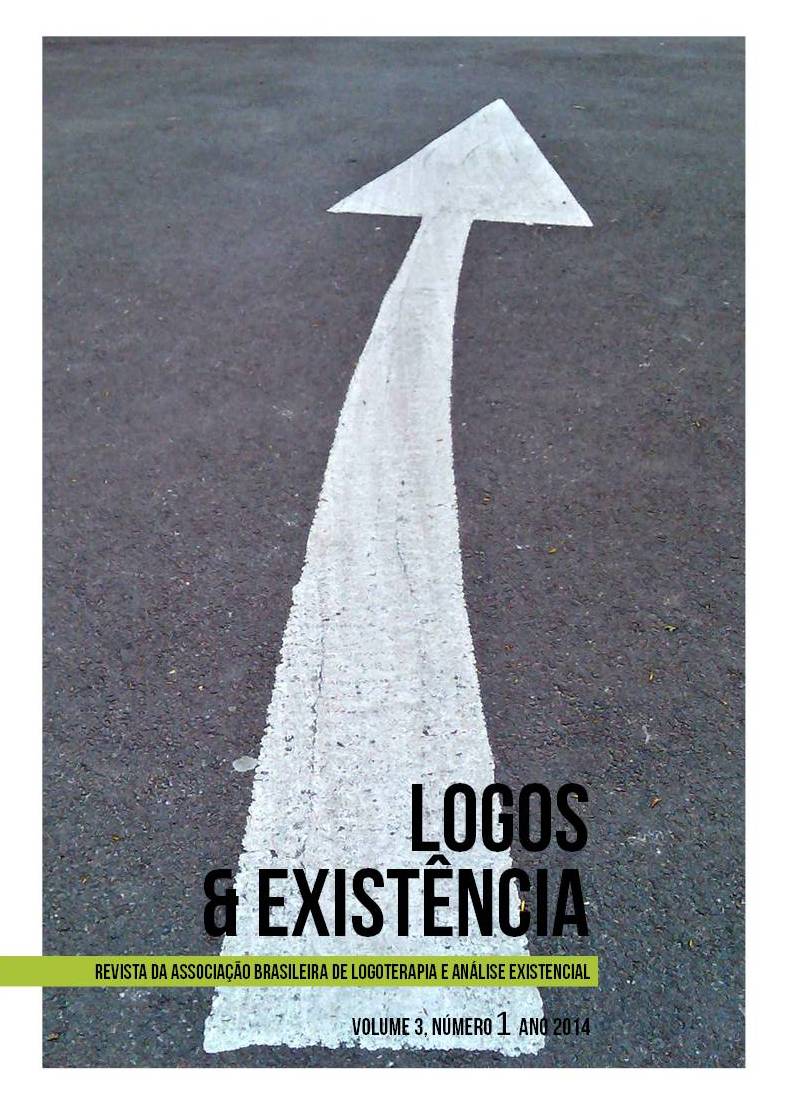Efficacy of a meaning-centred intervention amongst HIV and Aids Health Educators at a South African Non-Governmental Organization
Resumo
This study investigates whether teaching HIV and Aids Health Educators about Viktor Frankl’s theory of finding meaning in life, result to significant improvement in their psychological well-being. Participants are 24 volunteers from the Information, Education and Communication (IEC) cluster of a Non-Governmental Organization (NGO), in South Africa (age range = 20 to 39 years, females = 67%, majority ethnicity = 58% Sotho speaking). The study is both quantitative and qualitative. Quantitative data was collected using the Purpose in Life Test (PIL) and Beck Depression Inventory (BDI-IA). In addition, qualitative data was collected on the participants’ subjective experience of development in creative potential. A one group pretest-posttest design was employed. The quantitative data was analysed with non-parametric test procedure for small sample size designs. The qualitative was analysed by means of themes. The study discovered that sense of meaning intervention seems to result to significant improvement in levels of meaning, and a decrease in depressive symptoms among participants. Consequently, the findings recommend that it is possible to support HIV and Aids Educators in their search for meaning by means of a brief meaning-centred intervention, and that the latter helps to alleviate depressive symptoms. Similarly, the meaning-centred intervention seems to be a promising intervention for instilling resilience amongst HIV and Aids Educators, who disseminate a valuable voluntary service in the community. Participants indicted they could apply the theory to their personal lives; more importantly, they will use the skills they have acquired in their respective duties.Downloads
Não há dados estatísticos.
Downloads
Publicado
2014-09-26
Edição
Seção
Estudos Empíricos


